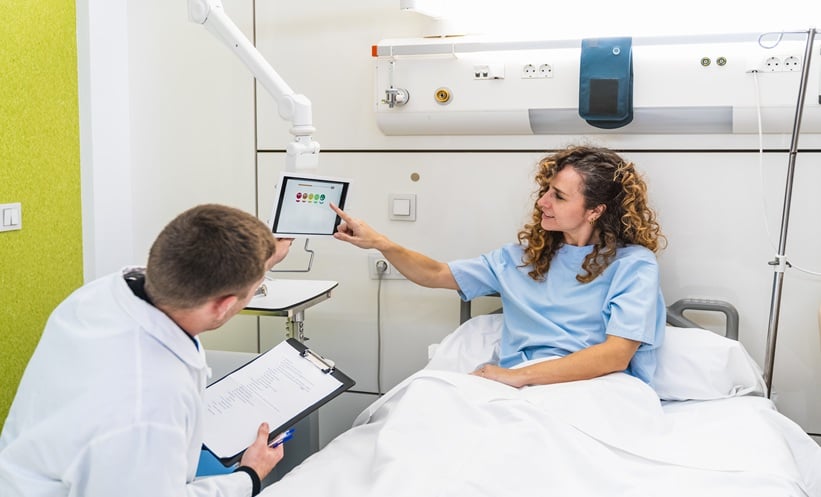IMPROVING communication between nurses is critical to patient safety and care quality, particularly in complex specialties like rheumatology and immunology. A new study has found that using the ISBAR communication model significantly enhances the quality of bedside nursing delivery among nurses working in these departments.
The study involved 70 nurses from a single hospital who were randomly divided into a control group using traditional communication methods and an experimental group trained in and applying the ISBAR (Identify, Situation, Background, Assessment, Recommendation) framework. The quality of bedside handover was assessed using a validated nurse delivery quality scale and an observation checklist before and after the intervention.
Results showed that after implementing ISBAR, nurses in the experimental group demonstrated significantly improved performance in delivery standardization, communication accuracy, and patient satisfaction. Their total scores for bedside delivery quality were markedly higher than those of the control group. The researchers attributed this improvement to the structured, consistent nature of ISBAR, which helped minimize miscommunication and enhance clinical efficiency.
These findings support incorporating ISBAR training into nursing practice in rheumatology and immunology departments and suggest potential for broader application across clinical disciplines. The study underscores the value of clear, systematic communication in improving care coordination and clinical handoffs.
Reference:
Wang M, Gao Z. Effect of ISBAR Communication Mode on the Bedside Delivery Quality of Nurses Working in the Department of Rheumatology and Immunology. J Multidiscip Healthc. 2025;18:2451-60.








